Biblioversity
The word diversity tends to be solely allocated to ethnic identity. Ironically, that limitation inherently contradicts its very definition. In other fields the term diversity is used to describe investment portfolios, design color wheels, and numeric demographics. But what about our libraries? I’m not talking about the public library downtown. I’m referring specifically to your personal bibliography. Have you ever paused to consider the diversity of your bookshelf? Is your library diverse?
I remember sitting in a dimly lit, yet extravagantly decorated, wine bar in Chicago last year (it out-hipstered my millennial affinities by a long shot — which is saying a lot) with a couple acquaintances. One of the guys searching the menu with me for something under $18 was a church planting peer. The other was a grant processing manager for a non-profit organization and a member of the newly forming launch team. To their credit, both vocalized a desire to plant with diversity in mind. As a multi-ethnic church planter is doesn’t take much prodding for me to dive into the deep end of intentional heterogeneity. As they began ask me what books I was reading, and if I had any recommendations, I quickly realized that we weren’t on the same page. I was surprised by their surprise and came to the epiphany that not everyone has a diverse library.
We are an historically ethnic church body - tied to the German roots of the Lutheran reformation, but we cannot use this a crutch to avoid diversity. For Lutherans (and arguably every other Christian denomination) our theological bibliography is incredibly homogenous. From Luther to Walther, Pieper to Kolb, Bonhoeffer to Maier there’s an overwhelming number of -ers authoring our most formative works. Is it simply because all Lutheran theologians happen to be white men? I hope not! Is it because we can trace our Christian heritage down the very narrow branches of a European, Protestant tree? Certainly not, otherwise we’d be guilty of whitewashing Alexandria, Jerusalem, and Antioch. I think our lack of biblioversity is a result of fear, particularly when it comes to female authorship.
We are afraid of what threatens us — what explicitly or subliminally threatens our patriarchal theological, political, socio-economic status quo. This is not passive aggressive left hook. It is a serious fault of the sinful human condition evidenced across Christendom. We fear the unknown, the uncomfortable, the contradictory, the other. But, what if the threat we perceive is actually something that will make us safer, stronger, wiser? I can personally attest that intentionally diversifying my library has made me a better theologian — a more Lutheran theologian. I am convinced Lutheranism is the best kept secret for urban, multi-ethnic ministry. But, I only came to that conclusion by diversifying the books, articles, and blogs I was reading. I gained insight into Scripture that enhanced my attempt to understand the mysteries of God. My Sacramental identity was affirmed through reading contradictory theologies and approaching the perspective of others with healthy respect and humility.
Diversity should never be a source of fear but a source of cultural and Kingdom knowledge that results in growth, pushes comfort, energizes thinking and provides healthy perspectives not limited to theology but extending to all of life. Diversifying your library will prevent inbreeding leading to generational breakdown of a strong theological DNA. Quite the opposite, we might actually glean things from our brothers and sisters in the faith much like the early church. Consider the creeds that are universal to the catholic Church. Representatives from around the known world came together with nuanced understanding and proactive of the faith to develop powerful confessions that have stood the test of time. Yes, there was conflict. To be sure, there was heated debate over right, wrong, and adiaphoron. Yet at the conclusion of those councils we see unity birthed from diversity.
Our world is larger than that of the early church but also smaller because we have almost unlimited access to every single point on earth, every people group and their histories. Let us not operate as if our libraries are limited to the 500th Anniversary. In the LCMS, we have begun to sort of address this issue with authors like Leo Sanchez and Won Yong Ji, but is it enough? I wish we could do more! Why limit our spiritual formation to what ensures our comfortability? We have an inadequate amount of diversity within our tribe. To some degree, I’m not significantly challenged by the few diverse authors we have in the LCMS because I agree with their theology and perspective. How can we facilitate global voices in order to confront our own theological, political, patriarchal, and sociological framework? Our faith values tension and paradox. We must also value biblioversity. Wrestle with me.
